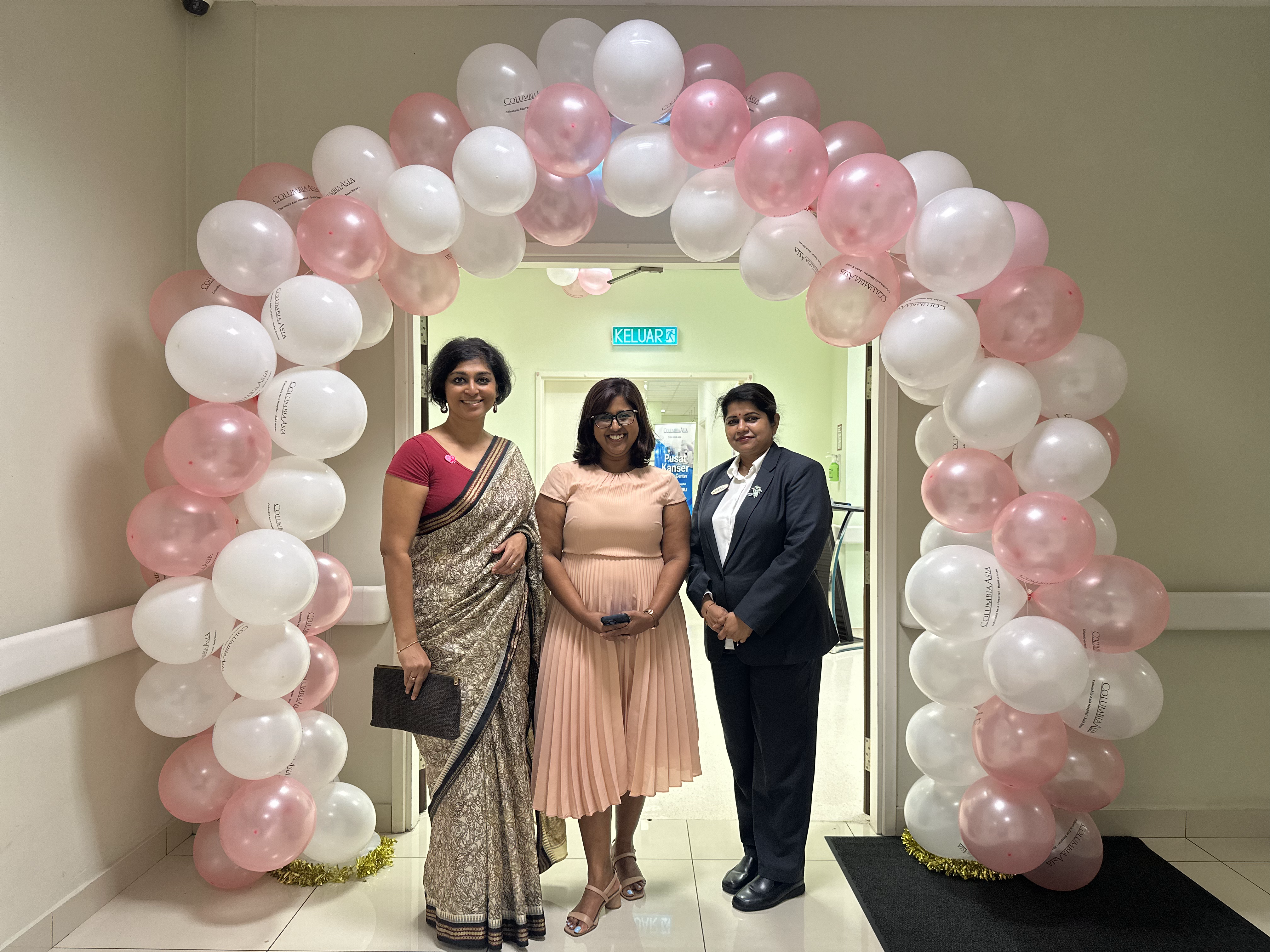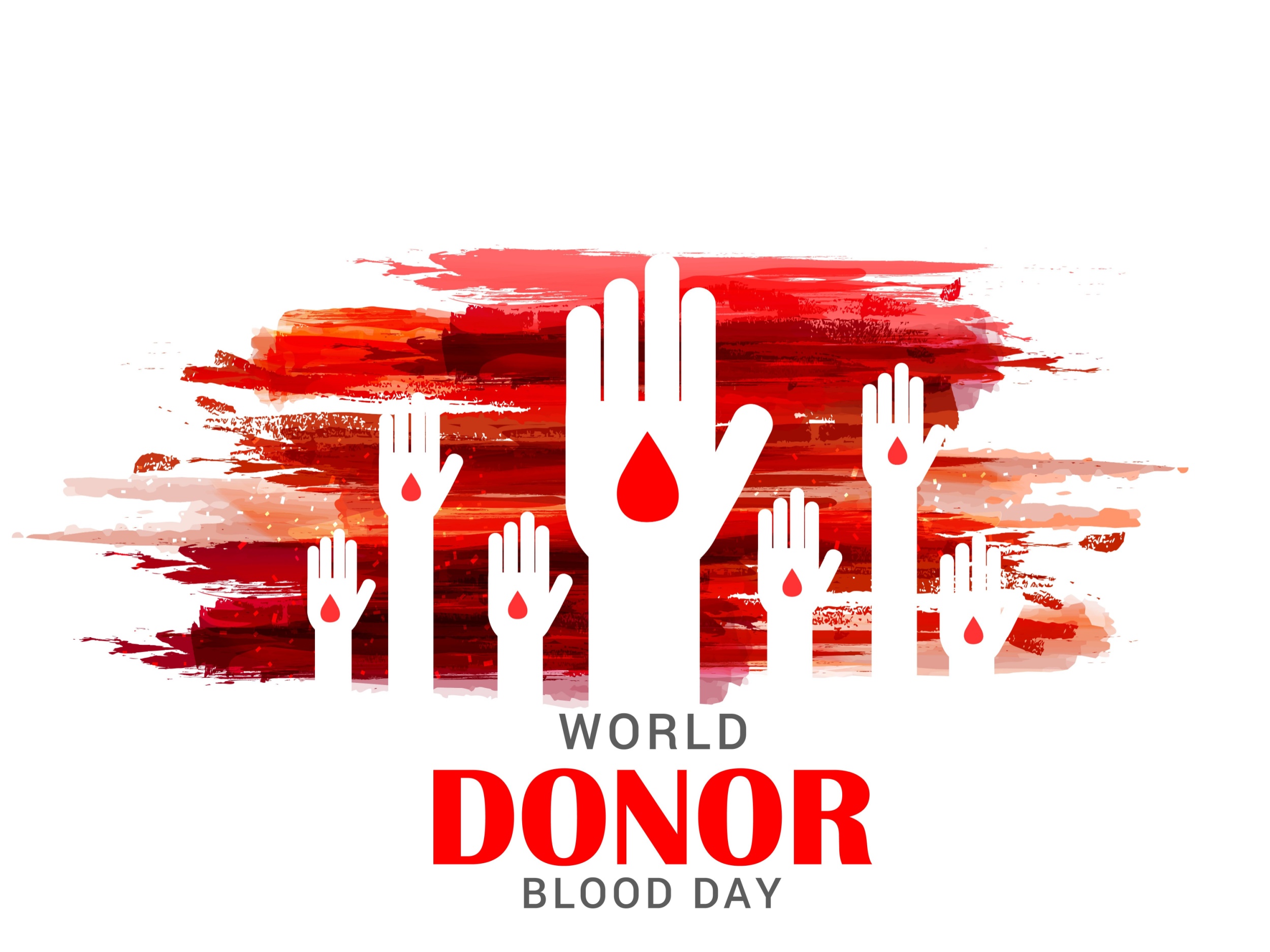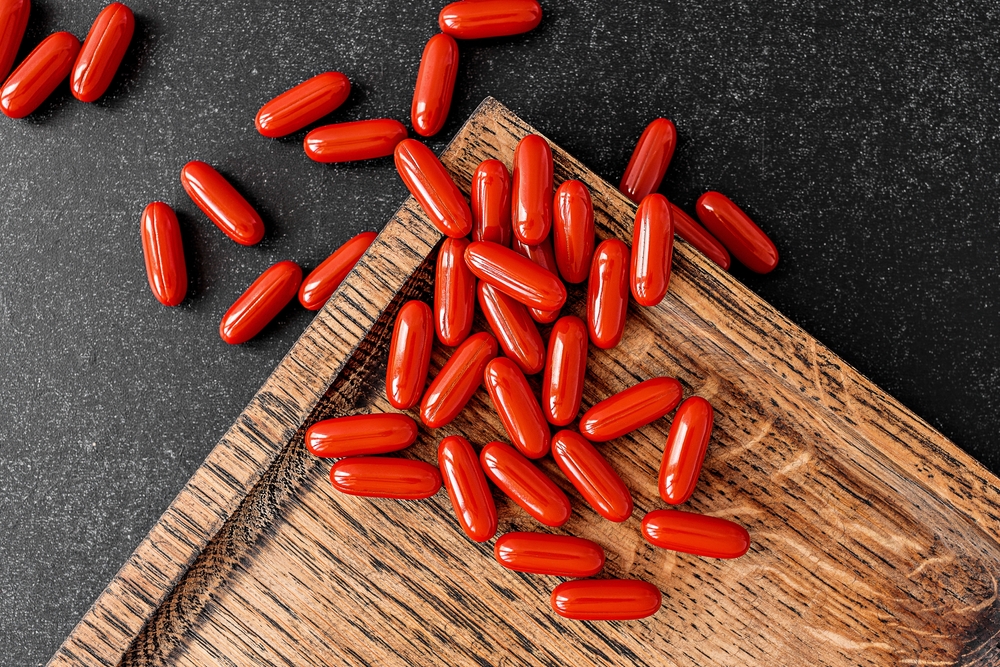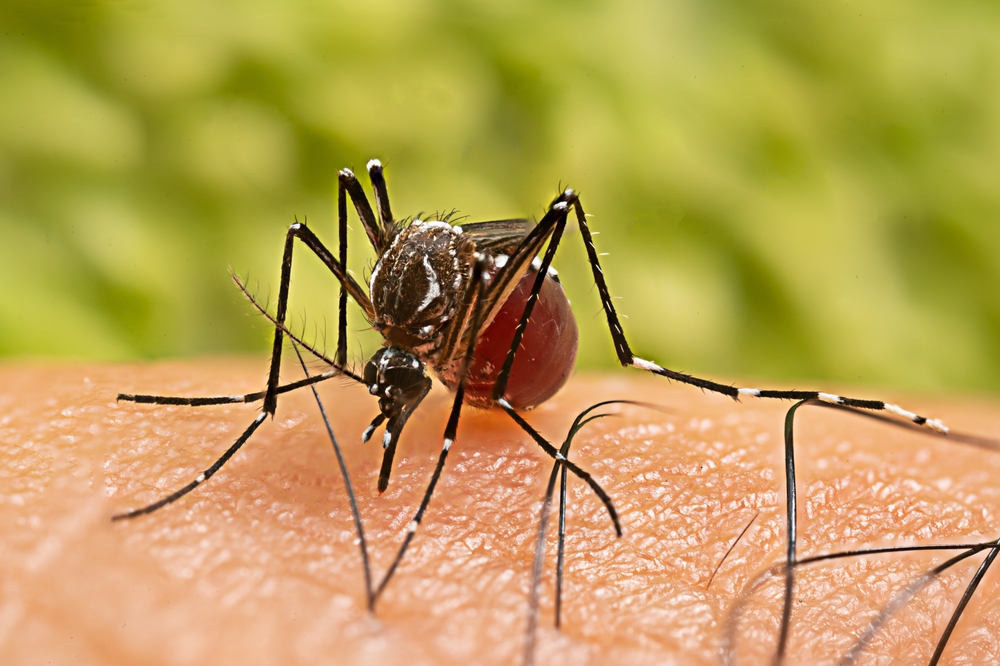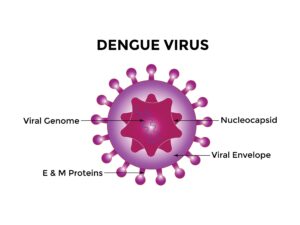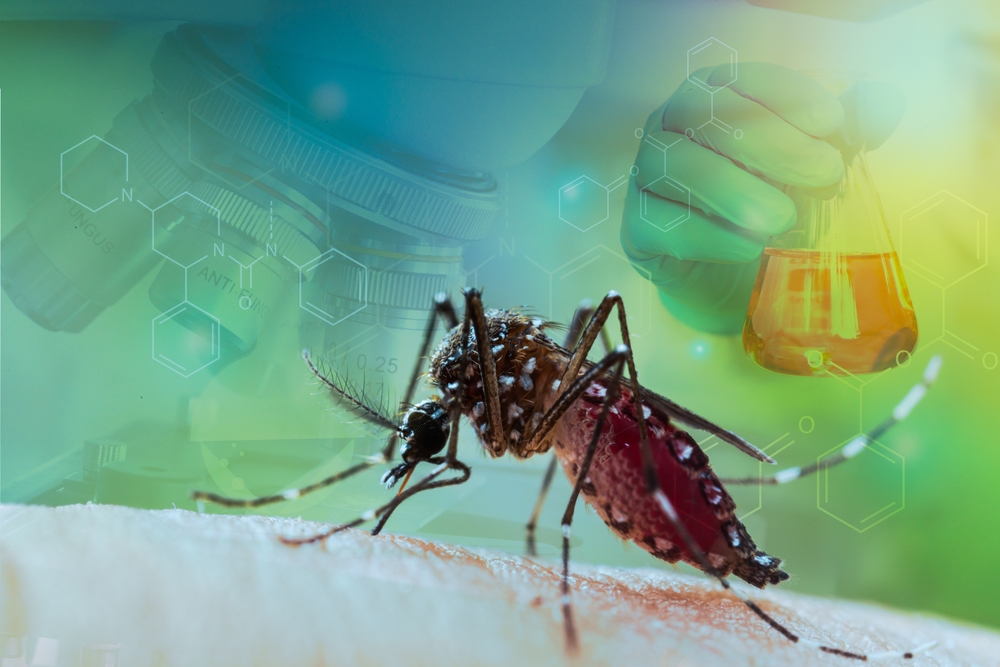WORDS LIM TECK CHOON
THE DOCTOR’S STORY
Dr Zahrina Azian Zohadie’s world changed irrevocably when she was diagnosed with stage 4 colon cancer.
Since the cancer is at stage 4, it means that the cancer cells had spread from the colon to other parts of the body.
Staying strong for her children
“My cancer treatment was indeed challenging, but I had no other choice. I had to go through it,” Dr Zahrina said during a recent cancer survivor event at Columbia Asia Hospital–Bukit Rimau. “My children needed their mother. Despite the harsh effects of chemotherapy on my body, I persevered. In my mind, all this hardship will be worth it for those I love and those who love me.”
Once you have cancer, you have no option but to fight it
This was Dr Zahrina’s belief.
“The cancer is already in our bodies, so we must move forward because there’s nothing else we can do,” she elaborated. “We must continue with treatment.”
She was blessed to have encouragement and motivation from a close friend and colleague, an oncology specialist. “Her advice, no matter the situation, is to keep going with the treatment. Her words of encouragement have been very helpful to me,” she said.
Having survived, she now offers her strength to others living with cancer
As a cancer survivor, Dr Zahrina felt that it was her vocation to offer her support to other cancer patients, bolstering their spirits with encouragement and support similar to what she received during her own cancer journey.
“During treatment, I felt like I was facing this painful challenge alone. But over time, I realize there are many others like me,” she shared.
Dr Zahrina is presently a member of the KanWork Cancer Support Association (link opens in a new tab).
THE BREAST CANCER SURVIVOR’S STORY
Norhaisnah Naian is a breast cancer survivor and a volunteer at KanWork.
Recalling her breast cancer journey, she shared: “In those days, I diligently sought information on how to get assistance from organizations like MAIS, Baitulmal, Lions Club, and many more.”
“When I attended chemotherapy sessions, I met other cancer patients from all walks of life,” she continued. “Naturally, I share information with them like where to find resources related to cancer. This is how I help other patients.”
Seek the company of supportive people with positive energy
“I fully understand how painful the experience of a cancer patient can be,” Norhaisnah said. “My advice is to find friends with positive energy and positive vibes.”
She pointed out that the volunteers at KanWork sought to be these allies for people living with cancer.
“I’ve been with Kanwork for over a year. We meet many former patients and current cancer patients whom we continue to motivate,” she told us.
A MEDICAL OFFICER REMINISCENCES ABOUT HER EXPERIENCES
 FEATURED EXPERT FEATURED EXPERTDR HEMA DARSHINEE JOHNSON Oncology Medical Officer Columbia Asia Hospital–Bukit Rimau |
Dr Hema Darshinee Johnson revealed that a doctor’s approach to cancer patients is not as straightforward as prescribing medications.
She explained: “As doctors, we give treatment plans, and we tell patients to take certain medicine. On top of that, we tell them the side effects. Sometimes we tell them up front. But for them, even trivial things like brushing teeth can eventually become difficult at some point. It is always easier to say, ‘Be positive!’, but we will never understand what it’s like to be in their shoes. Their life turns upside down. That’s why it amazes me to see how they find the strength to continue.”
Grit and determination
She recalled a domestic helper that had to travel back and forth to the hospital for treatment. “This lady took an 8-hour bus ride starting at midnight to arrive early at KL Sentral, then took a Grab to the hospital and then back. She knows the costs beforehand, so she cleans more houses to be able to afford the trip.”
Dr Hema felt humbled by these courageous people. “At the end of the day, my role as a doctor is only to assist them. I am only providing some form of lifeline, but they are the ones who are holding on to it and swimming across. It is all them.”
A reason to keep fighting
“It is beyond me to understand the grit they have but it is always about the ‘why’,” she mulled. “Everyone will have a reason to continue fighting whether it is their spouse, parents, children, or just not wanting to take life for granted and to give it their best. When you have found your reason; this journey becomes that much more purposeful. Together, we can surely win this.”
OVERCOMING THE STIGMA
Rozita Shafei, who has stage 1 cervical cancer, shared that people living with cancer often become stigmatized by others.
She said, “At first, I felt down. Friends distanced themselves because they fear they may get cancer. I felt isolated but thankfully, I received much support from my children and husband.”
She emphasized that emotional support is crucial for someone undergoing cancer treatment.
“My advice to those undergoing cancer treatment is to stay positive, strengthen your spirit, and believe in yourself.”
Her advice was echoed by Nurul Balqis, who was diagnosed with breast cancer since September 2023.
“All my children understand is that Mama always goes to the hospital. If I don’t go for a few days, they ask, ‘Mama didn’t go to the hospital today?'” she shared, adding that their concern strengthened her determination to continue her treatment.
“Besides that, I try to look forward and stay positive,” she further said.
RECOGNIZING THE RESILIENCE AND COURAGE OF CANCER SURVIVORS
This sharing session was held in conjunction with Cancer Survivors Month in June.
Additionally, Columbia Asia Hospital—Bukit Rimau announced a 3-year partnership with the Breast Cancer Welfare Association (BCWA) through a memorandum of understanding.
This partnership aspired to empower volunteers from KanWork, who are cancer survivor themselves, to provide emotional and moral support to cancer patients.
The ceremony was attended by guest of honour YB Puan Jamaliah Jamaluddin, the Selangor State Health & Environment Exco.
“Today, as we celebrate Cancer Survivors Day, we honor those who have fought and survived cancer, acknowledging their resilience and strength,” she said in her speech.

